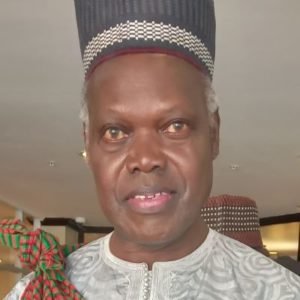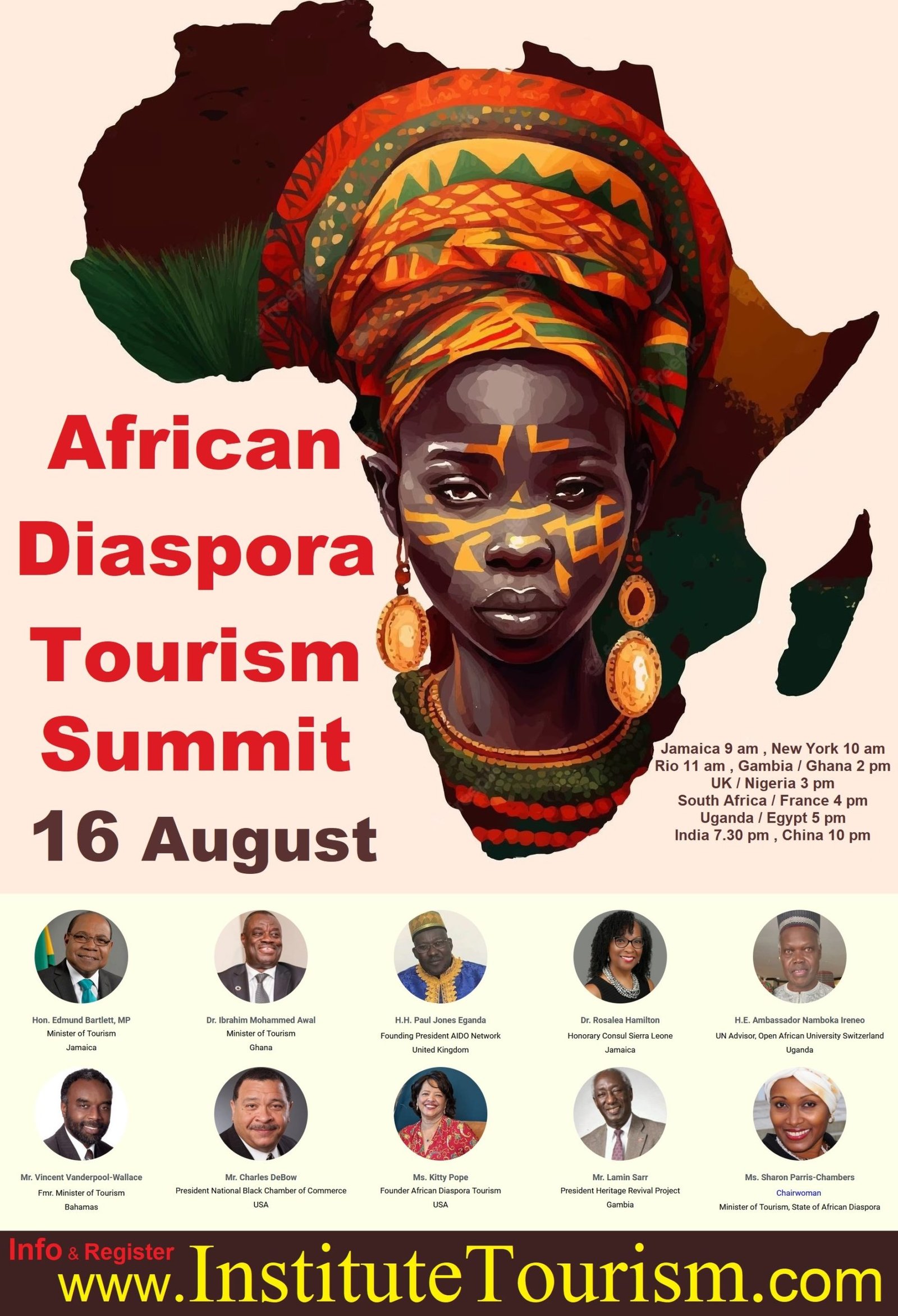Who is NAMBOKA IRENEO ?
AMBASSADOR NAMBOKA IRENEO
Namboka did his A-level at Kings College, Budo. Read Political Science and French at Makerere University, Kampala. Awarded a scholarship, he went to France for his post graduate studies in Public International Law at Sorbonne Panthéon University, Paris. After 13 years of service in the Uganda Ministry of Foreign Affairs including postings to Libreville Gabon, London UK and Paris in France, he left the public service and undertook a diploma course in International Commercial Project Management of the Centre d’Ētudes Supérieures Industrielles (CESI) prior to joining the United Nations service where he served in the Caribbean, Europe and Africa till his retirement in 2010 as an Advisor on Human Rights.
After retiring, Mr Namboka has read, trained and travelled extensively throughout the world, taking particular interest in the subject of Africa’s ANCIENT DIASPORA since the announcement of the international Decade for People of African Descent in 2014. A captivating orator on issues of gender, women’s and children’s rights as well as ancient Africa as the origin of the concept of human rights, Mr. Namboka in his capacity as the Vice President of Ateker International Development Organisation (AIDO); CEO of Ariel Foundation International and Vice Chancellor of the Open African University Switzerland, (UPAF) has devoted most of his time supporting civil society organisations. Married with children, he strongly believes in the primacy of the family and good parenting. Mr. Namboka is a devout servant of his country, Uganda, an ardent believer in Pan-Africanism, and a global citizen.
In this book, the author takes the reader along an intricate repeatedly thorny and clumsy path through an Africa with reference to some isolated specific happy or tragic national experiences. He does this starting from ‘what was’; to ‘what is’ and finishes with ‘what is likely to be’ for the societies concerned. Devoting less time on the past – i.e. pre-independence times because of the more than seven decades since Uhuru in most cases, the book lays bare facts about Africa’s governance state, successes where merited, failures as the case may be before giving a personal analysis to show why the results have been as presented with illustrations and statistics wherever possible. In a nutshell, the author argues that what Africans suffer from is largely self-inflicted and avoidable. He then invites fellow Africans, particularly those of his generation, in places of responsibility to shift their paradigm and become sources of the solution to their societies’ misery instead of being the problem themselves. Concretely, leaders are urged to stop perennially going to former colonial masters begging for credits and subventions or assistance because in doing so they fall in the trap of being subservient, dependent and without voice in international affairs. Turning to ordinary citizens in countries, the author reprimands citizens for turning people they elect, put in political high offices into masters and ‘demigods’ instead of remaining their masters to call the former to account. Unscrupulous or unethical persons once in power exploit citizens’ weaknesses of poverty, ignorance and greed to corrupt the latter with bribes using embezzled national resources. This is how Africa is suicidal in the way we run our own nations. Blaming external intruders is the easiest pretext while, indeed, reckless criminal external elements join in on the side of corrupt leaders on the ground. The issues of emigration, unskilled migrant workers human trafficking – particularly affecting young women turning Africa into a source of modern slavery – all debasing the African person with some states as accomplices are brought to the fore for the reader to reflect on. It is against the above “present” that the author sketches a roadmap to the future practically all Africa’s youth dream of, with Uganda first and foremost.


